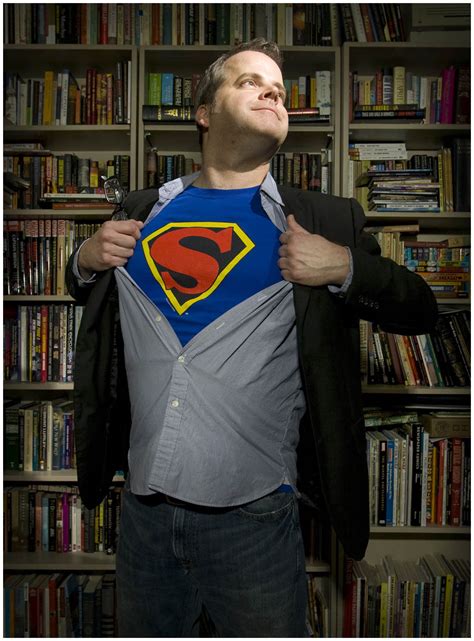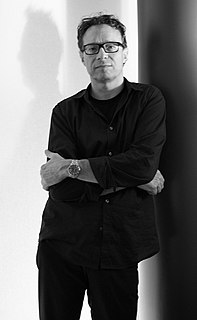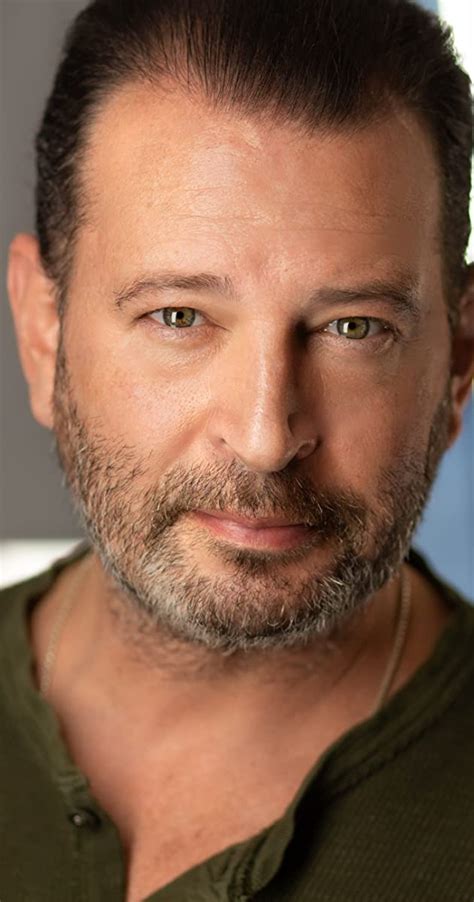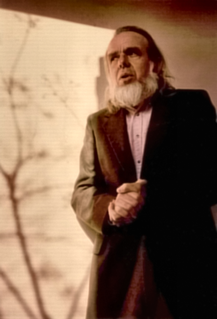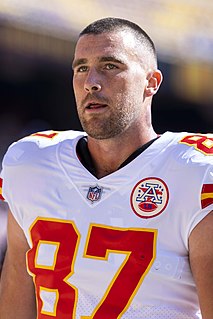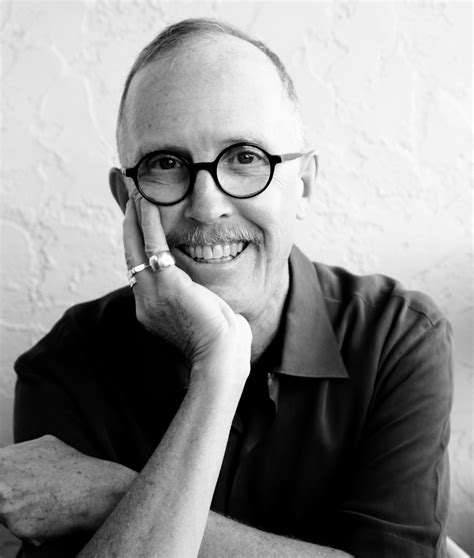A Quote by Chris Roberson
I very much use Bill Willingham's approach on 'Fables,' which is that rather than having an end point to a series, I have an end point for the various story lines.
Related Quotes
If the point of life is the same as the point of a story, the point of life is character transformation. If I got any comfort as I set out on my first story, it was that in nearly every story, the protagonist is transformed. He's a jerk at the beginning and nice at the end, or a coward at the beginning and brave at the end. If the character doesn't change, the story hasn't happened yet. And if story is derived from real life, if story is just condensed version of life then life itself may be designed to change us so that we evolve from one kind of person to another.
When I set out to write a screenplay, I have in my mind a beginning and an end but that end part continually changes as I start to write the middle. That way by the time the screenplay is finished I have taken myself and my audience from a familiar beginning point through the story to an unfamiliar ending point.
Scientifically, I know beginnings don’t exist. The world is made of energy, which is neither created nor destroyed. Everything she is was here before me. Everything she was will remain. Her existence touches both my past and my future at one point—infinity. Lifelines aren’t lines at all. They’re more like circles. It’s safe to start anywhere and the story will curve its way back to the starting point. Eventually. In other words, it doesn’t matter where I begin. It doesn’t change the end.
The end of all stories, even if the writer forebears to mention it, is death, which is where time stops short. Sheherezade knew this, which is why she kept on spinning another story out of the bowels of the last one, never coming to a point where she could say: "This is the end." Because it would have been.
What we also have to recognize is that the deficit levels that I'm inheriting, over a trillion dollars, coming out of last year, that that is unsustainable. At a certain point, other countries stop buying our debt, at a certain point, we'd end up having to raise interest rates, and it would end up creating more economic chaos and potentially inflation.
Before I was a Discordian, I took life much too seriously. When you take life too seriously you start to wonder what the point of it all is. When you wonder what the point is in life, you fall into a trap of thinking there is one. When you think there is a point, you finally realize there is no point. And what point is there in living like that? Nowadays I skip the search for a point and find, instead, the punch lines.
The nice thing about a series is you can end on cliffhangers all the time. You can be like, 'You know what? Here we go, this person just died, end of book.' And with the end of the series, you're very conscious of all the plotlines that were left hanging. There's a balance there to wrap those up but still leave it exciting.
The most widely discussed formulation of [the One World model] was the "end of history" thesis advanced by Francis Fukuyama. "We may be witnessing," Fukuyama argued, "the end of history as such: that is, the end point of mankind's ideological evolution and the universalization of Western liberal democracy as the final form of human government." The future will be devoted not to great exhilarating struggles over ideas but rather to resolving mundane economic and technical problems. And, he concluded rather sadly, it will all be rather boring.
